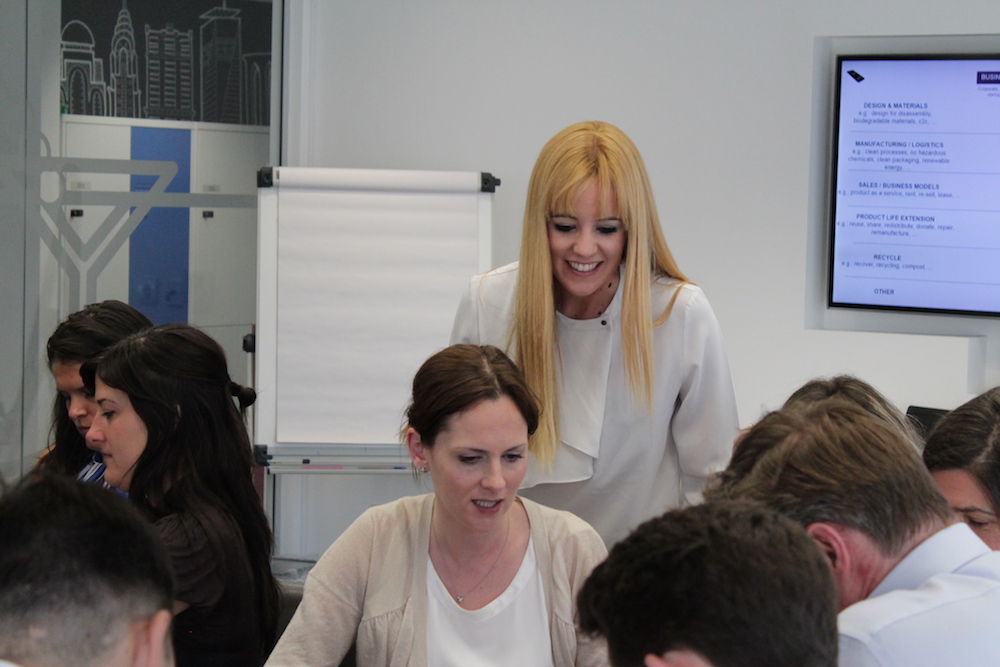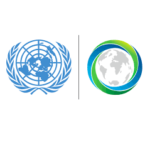Adopted in 2012 at the World Summit on Sustainable Development, the 10-Year Framework of Programmes on Sustainable Consumption and Production (10YFP) is a global commitment to accelerate the shift towards sustainable consumption and production in both developed and developing countries. Sustainable consumption and production has been included as a stand-alone goal (SDG 12) of the 2030 Sustainable Development agenda, and Target 12.1 calls for the implementation of the 10YFP.
The One Planet network implements the commitment of the 10YFP. It is a multi-stakeholder partnership for sustainable development, generating collective impact through its six programmes: Public Procurement, Buildings and Construction, Tourism, Food Systems, Consumer Information, and Lifestyles and Education.
Currently the tourism sector represents 10% of global GDP, 1 in 10 jobs and 7% of global exports, being the third largest export sector in the world. In 2017, 1.3 billion international tourists travelled the world. The sector is expected to continue growing 3.3% annually until 2030 – a year in which 1.8 billion tourists will cross borders, and over 7 billion will travel within their home countries –, not without an increase of environmental impacts related to the sector. With an extensive and transversal value chain and the particularity of enabling direct interaction between consumers (tourists) and producers (stakeholders at the destinations), tourism, if well managed, has the potential to create positive, long-lasting impacts that go well beyond the sector.

A key approach to address the decoupling challenge in every economic sector is circularity, a concept which is rooted in circular economy thinking and explores opportunities to move from linear to circular SCP patterns, promoting closed material loops and enhanced resource efficiency with a system-wide approach along the entire value chain.
Embracing circularity implies development of innovative business models that create value through restoration, regeneration and re-use of resources as well as new models of consumption that move away from traditional ideas of ownership towards sharing economies. Circularity represents an opportunity for tourism businesses and more specifically SMEs to increase their innovativeness for sustainability and as the consequence, their competitiveness contributing to the long-term health and resilience of tourism activities, and thus the sector as a whole. Additionally, the tourism sector, for its service-oriented nature, provides opportunities to replicate and implement existing best practices across its transversal value chain.
The objectives of the training:
- Provide definitions of circular economy and explore potential of circular models within the tourism sector
- Learn more about innovative business models that apply circular principles
- Explore concrete results of implementation of circular business models through the case study of Hotel Verde project
- Participants will have the opportunity to raise questions and more broadly obtain access to top sustainability experts working on the implementation of circular economy models



